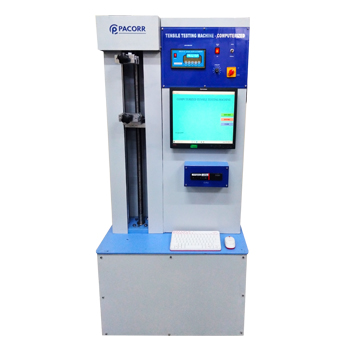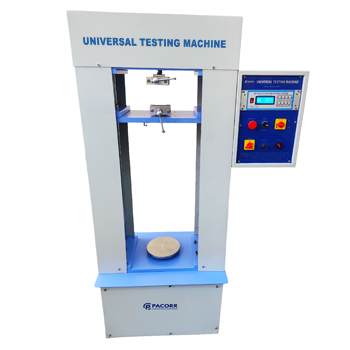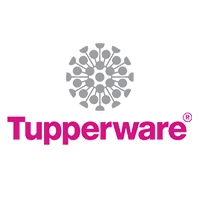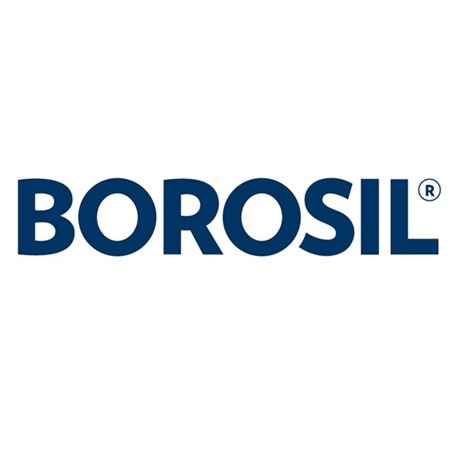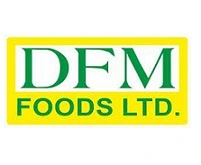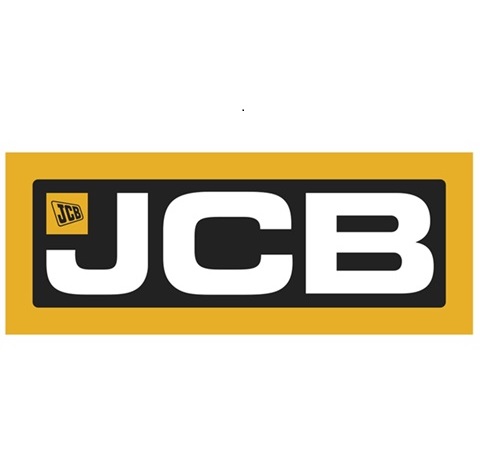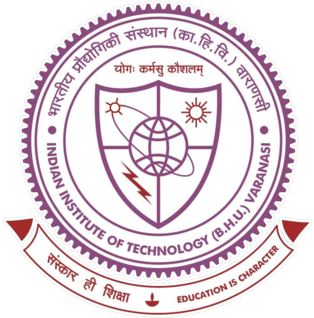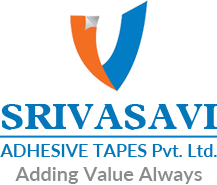Pacorr introduces its advanced Digital Tensile Testing Machine, engineered to meet the high-performance standards required in modern manufacturing and quality control environments. This equipment is specifically designed for testing the tensile strength of various materials including plastics, metals, rubbers, textiles, and composites. Built with precision components and user-centric features, Pacorr’s tensile testing solution ensures accurate, repeatable, and standard-compliant results across industrial sectors.
When it comes to material testing, accuracy is non-negotiable. The tensile testing machine plays a crucial role in evaluating the durability, strength, and flexibility of a material by applying a controlled tensile force until the specimen breaks. Understanding these mechanical properties is critical to predicting how a product will behave in real-world conditions
- Shipping Area: All over the world
- Model: PCTTM-1
Why Pacorr’s Tensile Testing Machine Stands Out
As a trusted name in quality testing equipment, Pacorr integrates its deep industry experience into the design of every testing machine. The Digital Tensile Testing Machine comes equipped with smart controls, high-resolution load measurement, and robust gripping mechanisms, making it the go-to solution for laboratories and industrial testing facilities.
This machine is ideal for tensile testing of:
- Rigid and semi-rigid plastics
- Metal wires, rods, and sheets
- Rubber and elastomeric materials
- Textile yarns and fabrics
- Composites used in automotive and aerospace industries
Built in alignment with ASTM and ISO testing standards, Pacorr’s tensile testers provide a competitive edge to manufacturers seeking reliable, efficient, and user-friendly testing setups.
Key Features of Pacorr’s Digital Tensile Testing Machine
Precision Load Measurement:
The machine is fitted with high-sensitivity load cells that deliver accurate force readings. This ensures every tensile test reflects true material behavior without fluctuations or inaccuracies.
Digital Control System:
Advanced digital controls enable the operator to configure parameters such as test speed, gauge length, and break detection. The interface simplifies complex test setups and minimizes operator error.
Sturdy Frame Construction:
Made from high-grade materials, the testing frame offers excellent rigidity and vibration resistance, ensuring the results are not affected by structural flexing.
Customizable Grips and Fixtures:
Pacorr provides various types of grips tailored to material types—flat, round, rope, or special fixtures—enhancing the versatility of the machine.
Real-Time Graphical Display:
Visual representation of load vs elongation during the test helps in detailed analysis. Operators can export and interpret data easily with integrated software.
How a Tensile Testing Machine Works
The tensile testing machine applies a pulling force to a material sample until it reaches the breaking point. During the test, the machine records key metrics like:
- Ultimate tensile strength
- Yield strength
- Modulus of elasticity
- Elongation at break
- Strain rate
These results are essential for product designers and material engineers to make decisions about safety, compliance, and durability. For example, in packaging applications, the tensile strength of plastic film determines how much load it can bear without tearing. In metal applications, it helps define how components will react under mechanical stress during operations.
Applications Across Industries
Pacorr’s digital tensile testing machine serves a broad spectrum of industries where quality assurance is a priority:
Plastic Manufacturing:
For testing molded parts, films, sheets, and rigid containers.
Automotive Components:
To verify mechanical properties of interior and under-the-hood parts.
Construction Materials:
Used for evaluating tensile behavior of pipes, panels, and profiles.
Textile Industry:
Test yarns, threads, and finished fabrics for performance and durability.
Rubber and Elastomer Testing:
Assessing elasticity, elongation, and strength under repetitive loading.
Designed for Compliance and Consistency
Pacorr’s tensile testing machine is manufactured with complete adherence to global testing standards, including:
- ASTM D638 for rigid plastics
- ISO 527 for tensile properties of plastics
- ASTM D412 for rubber and elastomers
- IS 1608 for metallic materials
The equipment is ideal for both quality control labs and R&D facilities, where traceability and test accuracy are critical.
Benefits of Using Pacorr’s Tensile Testing Equipment
- High Precision Results: Delivers consistent performance across test runs
- Flexible Testing Options: Compatible with a wide range of sample types
- Easy Operation: Digital interface reduces training time for operators
- Time-Efficient: Fast test cycles save time without sacrificing accuracy
- Compact Design: Requires minimal floor space while offering full functionality
Whether you're testing the mechanical properties of raw materials or finished components, this machine ensures that you meet your quality benchmarks with confidence.
Why Choose Pacorr
Pacorr combines engineering expertise with field experience to deliver material testing solutions that add value to your production process. From small-scale setups to high-volume testing needs, the company’s tensile testing machines are built to last, ensuring low maintenance and high operational uptime.
Customers trust Pacorr for its:
- Commitment to quality and innovation
- Transparent service and technical support
- Custom solutions for specific industry needs
- Competitive pricing and fast delivery timelines
Conclusion
If you’re searching for a tensile testing machine that offers reliability, compliance, and advanced features in one package, Pacorr’s digital solution is designed to exceed expectations. With precise load measurement, flexible configurations, and industry-standard compliance, this machine empowers you to ensure your materials and products meet every quality demand.
Upgrade your material testing process with Pacorr’s tensile testing machine built for accuracy, engineered for performance.
Capacities provided: 50 Kgf/ 100 Kgf/ 250 Kgf/ 500 Kgf/ 1000 Kgf/ 2000 Kgf/ 3000 Kgf/ 4000 Kgf/ 5000 Kgf/
Test to be Performed: Compression Test / Top Load Test/ Push-Pull Test, Adhesion Test, Peel Bond Test, Seal Strength Test and Tensile Test.
Frequently Asked Questions – Tensile Testing Machine
What materials can be tested with a tensile testing machine?
Tensile testing machines are designed to evaluate a wide variety of materials under tension. Common test specimens include metals, rigid and flexible plastics, rubber, textiles, composites, and even wires. The specific configuration of the machine—such as grips, load cell capacity, and test speed—is chosen based on the properties and strength of the material being tested.
How do I choose the right tensile testing machine for my application?
Selecting the right tensile testing machine depends on several factors. These include the material type, the expected load range, the level of precision required, and any applicable testing standards like ASTM or ISO. Pacorr offers a comprehensive range of tensile testers tailored to different industries, and our team can guide you in identifying the most suitable model for your exact testing requirements.
What is the difference between a tensile test and a compression test?
A tensile test evaluates how a material behaves when pulled apart, measuring attributes like tensile strength, elasticity, and elongation. In contrast, a compression test assesses how a material performs when subjected to forces that push it together, determining its compressive strength and deformation resistance. Both tests provide essential insights into material behavior under mechanical stress but operate in opposite directions.
How is tensile test data analyzed?
During a tensile test, the machine records the force applied and the corresponding elongation of the material. This data is used to generate a stress-strain curve, which helps interpret key properties such as yield strength, ultimate tensile strength, modulus of elasticity, and percentage elongation. These values are crucial for engineers and manufacturers when assessing whether a material is fit for a particular use.
Can a tensile testing machine be used for quality control?
Absolutely. Tensile testing machines are fundamental tools in quality control departments. They help ensure that incoming materials, in-process components, and finished products meet mechanical performance benchmarks. Regular tensile testing allows manufacturers to catch inconsistencies, maintain product standards, and comply with regulatory or client specifications.
What is the price of a tensile testing machine?
The cost of a tensile testing machine typically ranges between ₹70,000 and ₹2,50,000 INR, depending on its configuration and testing capabilities. Key factors that influence pricing include the load capacity, type of control system (digital or computerized), level of automation, and the types of materials it is designed to test. Machines with advanced features like touchscreen interfaces, software integration, or high-capacity load cells tend to be at the higher end of the spectrum. Pacorr provides flexible options to accommodate both budget-conscious setups and advanced testing requirements.
Related Products
Our Clients
Thanks to Pacorr Testing instruments, we have all the required quality testing instruments that have helped us to ensure the best quality delivered to our clients.

Danish
Fair Exports Pvt. Ltd.

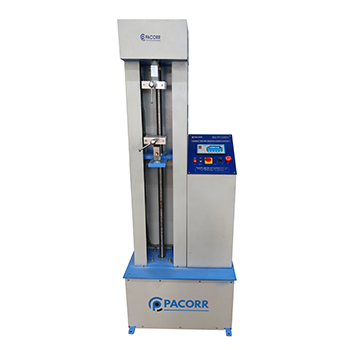
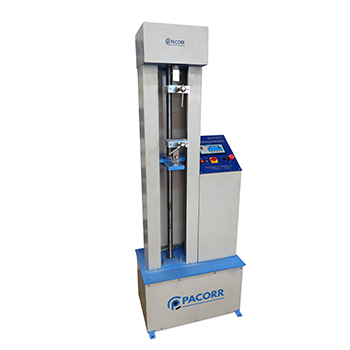
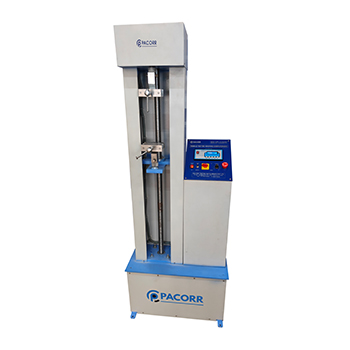


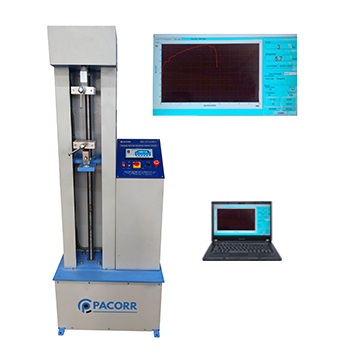
.jpg)
